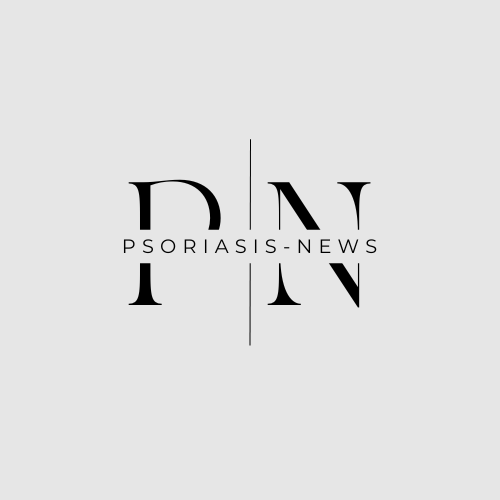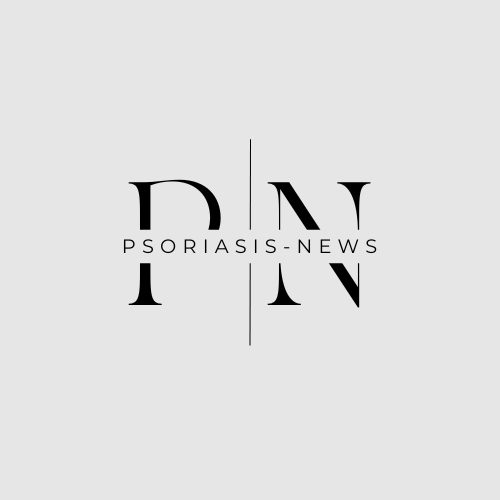Hautarzt. 2021 Jul 6. doi: 10.1007/s00105-021-04853-x. Online ahead of print.
ABSTRACT
Hidradenitis suppurativa/acne inversa (HS) has a multifactorial pathogenesis. In addition to a sporadic form, a familial form is reported in around 40% of patients, for whom an autosomal dominant (AD) inheritance with reduced gene penetrance is assumed. The phenotype of the disease with inflammatory nodules, abscesses and secreting sinus tracts suggests an infectious origin, but the exact role of the bacteria detected in HS pathogenesis remains unclear. Smoking and metabolic syndrome are regarded as important trigger factors in HS, with obesity and hormonal changes playing a pathogenic role in the latter. Ultimately, Toll-like receptors, antimicrobial peptides, immune cells and key cytokines are involved in the excessive inflammatory reaction of HS and are also the targets of future therapies.
PMID:34228138 | DOI:10.1007/s00105-021-04853-x

